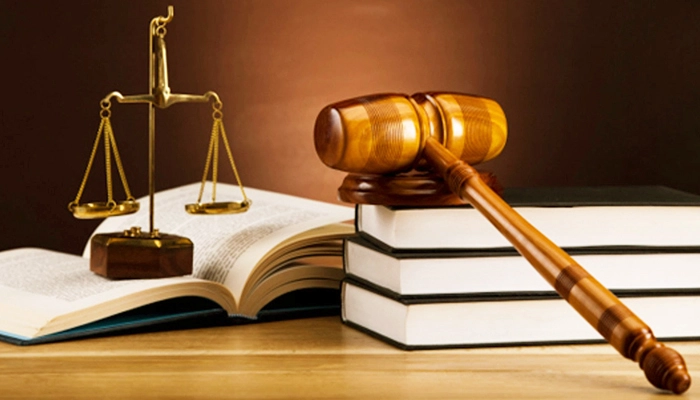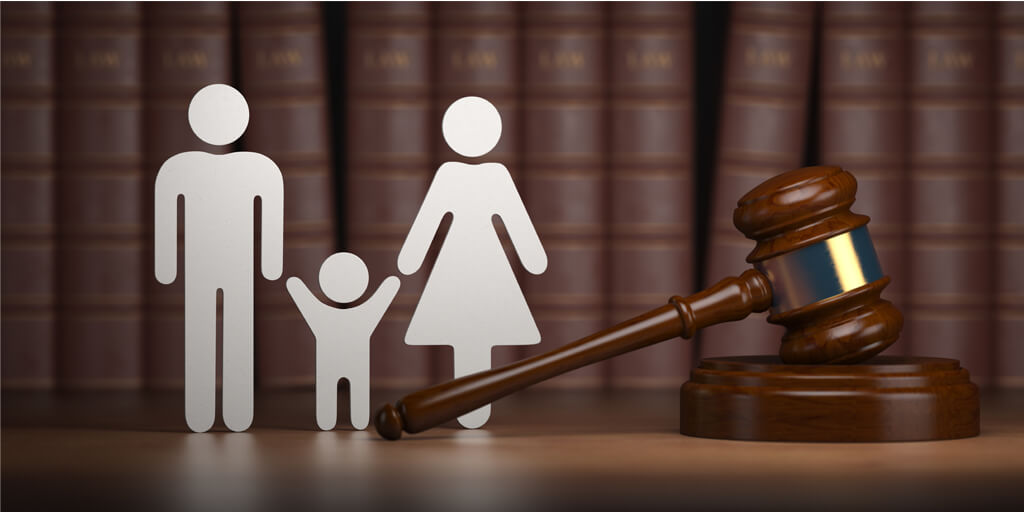
Arbitration is a form of alternative dispute resolution that has gained popularity in recent years, particularly in the commercial sector. It involves the appointment of an impartial third-party arbitrator who presides over a dispute and makes a final and binding decision. The arbitrator is chosen by the parties themselves, and the proceedings are typically less formal and more flexible than traditional court proceedings. One of the main advantages of arbitration is that it is a quicker and more cost-effective way of resolving disputes than going to court. Arbitration proceedings can be completed in a matter of months, whereas court proceedings can take years to reach a final decision. Additionally, because arbitration is a private process, it allows parties to keep their disputes confidential, which can be particularly important for businesses. Another advantage of arbitration is that it allows parties to choose an arbitrator who has specific expertise in the subject matter of the dispute. This can be particularly useful in complex commercial disputes that require specialized knowledge. Furthermore, because the parties are involved in the selection of the arbitrator, they are more likely to be satisfied with the final decision than if it had been made by a judge or jury. In addition to these advantages, arbitration also provides a degree of flexibility that is not always available in court proceedings. Parties can agree on the rules of the arbitration and the procedures to be followed, which allows for a tailored approach that best suits the needs of the parties involved. Despite these advantages, arbitration is not always the best option for resolving disputes. For example, if one party is unwilling to participate in the arbitration or if the dispute is of a public nature, then court proceedings may be a more appropriate option. However, in most cases, arbitration provides an efficient and effective way of resolving disputes that benefits all parties involved. In conclusion, arbitration is an important tool for resolving commercial disputes. Its flexibility, speed, and cost-effectiveness make it an attractive option for businesses that want to avoid the time, expense, and uncertainty of court proceedings. Furthermore, because arbitration allows parties to choose their own arbitrator, it provides a level of expertise and satisfaction that is not always possible in court proceedings.
Read More
Criminal law is a branch of law that deals with crimes and the legal procedures involved in the prosecution of criminal offenses. Criminal offenses are actions that violate laws created by the government and can result in severe penalties, including imprisonment, fines, and community service. The primary purpose of criminal law is to protect society by punishing individuals who commit crimes. Criminal law is based on the principle of "innocent until proven guilty," which means that a person is considered innocent until the prosecution can prove beyond a reasonable doubt that they committed the crime. The criminal justice system is comprised of three main components: law enforcement, courts, and corrections. Law enforcement agencies, such as the police, investigate criminal offenses and gather evidence to present to the courts. The courts then evaluate the evidence and determine whether the accused is guilty or innocent. If the accused is found guilty, the corrections system, which includes jails and prisons, carries out the sentence imposed by the court. The criminal justice system can be complex, and it is essential to understand the different types of criminal offenses and their respective punishments. There are two main types of criminal offenses: felonies and misdemeanors. Felonies are more severe offenses and typically carry a sentence of more than one year in prison, while misdemeanors are less severe offenses and carry a sentence of less than one year in jail. Common examples of criminal offenses include theft, assault, drug possession, and driving under the influence (DUI). These offenses are generally prosecuted by the government and can result in imprisonment, fines, and probation. It is important to note that criminal law is separate from civil law. Civil law deals with disputes between individuals, while criminal law deals with offenses against society as a whole. For example, if someone is injured in a car accident, they may bring a civil lawsuit against the driver who caused the accident, but the government would also prosecute the driver for any criminal offenses committed during the accident, such as reckless driving or driving under the influence. In conclusion, criminal law is an essential branch of law that helps to protect society by punishing individuals who commit crimes. The criminal justice system is comprised of law enforcement, courts, and corrections, and it is essential to understand the different types of criminal offenses and their respective punishments. If you find yourself accused of a criminal offense, it is important to seek the assistance of a qualified criminal defense attorney who can help you navigate the complex criminal justice system and protect your rights.
Read More
Family law is not just about legal procedures and court battles. It also involves the emotions and relationships that are at the heart of family life. In this blog, we will explore the human side of family law and offer insights and advice for navigating the emotional challenges that often arise in family law cases. Divorce Divorce is one of the most emotionally challenging experiences that a person can go through. Even if the decision to divorce is mutual, there are still feelings of loss, sadness, and grief that need to be processed. It is essential to have a support system in place, whether it is friends, family, or a therapist, to help you cope with these emotions. It is also crucial to communicate openly and honestly with your attorney, so they can understand your needs and represent you effectively in court. Child Custody Child custody is another area of family law that can be emotionally charged. Parents often have strong feelings about their children and may be reluctant to compromise or share custody. However, it is essential to remember that the best interests of the child should always come first. A skilled child custody attorney can help you negotiate a parenting plan that works for your family while also ensuring that your legal rights are protected. Adoption Adoption is a joyful experience that brings families together. However, the adoption process can also be stressful and emotional, as you navigate the legal requirements and wait for the adoption to be finalized. It is essential to have a supportive adoption agency or attorney to guide you through the process and answer any questions or concerns you may have. Family law cases can be complex and emotionally challenging. However, with the right support and guidance, it is possible to navigate these issues and come out the other side stronger and more resilient. Whether you are going through a divorce, fighting for custody of your children, or seeking to adopt, remember that you are not alone, and there is always help available.
Read More